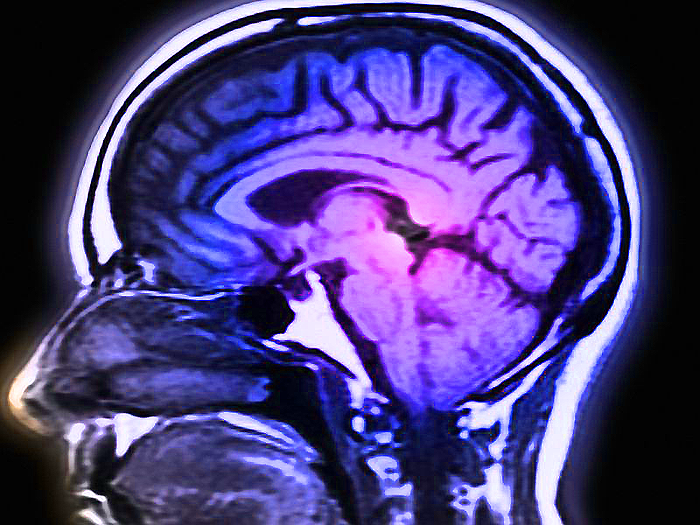 Methylene blue has been shown to increase short-term memory and memory retrieval in humans in a new study. A single oral dose of methylene blue increased MRI-based responses in areas of the brain that control short-term memory and attention, improving memory retrieval by 7 percent.
Methylene blue has been shown to increase short-term memory and memory retrieval in humans in a new study. A single oral dose of methylene blue increased MRI-based responses in areas of the brain that control short-term memory and attention, improving memory retrieval by 7 percent.
First discovered by German chemist, Heinrich Caro, in 1876, methylene blue is an aromatic chemical compound that been safely used in medicine for more than a century to treat cyanide and carbon monoxide poisoning. Methylene blue is currently approved by the Food and Drug Administration as a surgical stain and as a treatment for methemoglobinemia, a blood disorder that impairs delivery of oxygen to the body’s tissues. Methylene blue is on the World Health Organization’s (WHO) List of Essential Medicines as one of the most important medications needed in a basic health system.
Evidence dating back to the 1970s suggested that the drug might enhance memory in animals and humans. Animal studies revealed that a single low dose of methylene blue enhanced long-term contextual memory — the conscious recall of the source and circumstances of a specific memory — and extinction memory, a process in which a conditioned response from stimuli gradually diminishes over time.
“Although the memory-enhancing effects of methylene blue were shown in rodents in the 1970s, the underlying neuronal changes in the brain responsible for memory improvement and the effects of methylene blue on short-term memory and sustained-attention tasks have not been investigated,” said study author Timothy Q. Duong, Ph.D., from the University of Texas Health Science Center at San Antonio, Texas. “Our team decided to conduct the first multi-modal MRI study of methylene blue in humans.”
Twenty-six healthy participants, between the ages of 22 and 62, were enrolled in a double-blinded, randomized, placebo-controlled clinical trial to measure the effects of methylene blue on the human brain during working-memory and sustained-attention tasks.
The participants underwent functional MRI (fMRI) before and one hour after low-dose methylene blue or placebo administration to evaluate the potential effects of methylene blue on cerebrovascular reactivity during tasks. Mean cerebral blood flow was measured pre- and post-intervention.
The results showed methylene blue increased response in the bilateral insular cortex — an area deep within the brain associated with emotional responses — during a task that measured reaction time to a visual stimulus. The fMRI results also showed an increased response during short-term memory tasks involving the brain’s prefrontal cortex, which controls processing of memories, the parietal lobe, primarily associated with the processing of sensory information, and the occipital cortex, the visual processing center of the brain.
In addition, methylene blue was associated with a 7 percent increase in correct responses during memory retrieval.
The findings suggest that methylene blue can regulate certain brain networks related to sustained attention and short-term memory after a single oral low dose.
“This work certainly provides a foundation for future trials of methylene blue in healthy aging, cognitive impairment, dementia and other conditions that might benefit from drug-induced memory enhancement,” Dr. Duong said.
Source: Pavel Rodriguez, Wei Zhou, Douglas W. Barrett, Wilson Altmeyer, Juan E. Gutierrez, Jinqi Li, Jack L. Lancaster, Francisco Gonzalez-Lima, Timothy Q. Duong. Multimodal Randomized Functional MR Imaging of the Effects of Methylene Blue in the Human Brain. Radiology, 2016; 152893 DOI: 10.1148/radiol.2016152893











